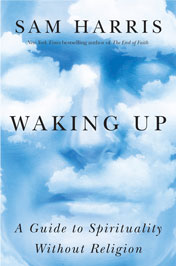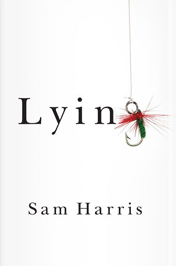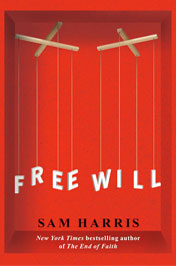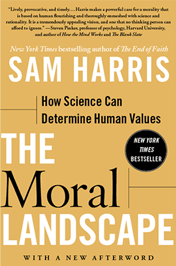The Virtues of Cold Blood
A Conversation with Paul Bloom

In this episode of the Waking Up podcast, Sam Harris speaks with psychologist Paul Bloom about the limitations of empathy as a guide to moral reasoning.
Paul Bloom is the Brooks and Suzanne Ragen Professor of Psychology at Yale University. His research explores how children and adults understand the physical and social world, with special focus on morality, religion, fiction, and art. He has won numerous awards for his research and teaching. He is past-president of the Society for Philosophy and Psychology, and co-editor of Behavioral and Brain Sciences, one of the major journals in the field. Dr. Bloom has written for scientific journals such as Nature and Science, and for popular outlets such as The New York Times, The Guardian, The New Yorker, and The Atlantic Monthly. He is the author or editor of six books, including Just Babies: The Origins of Good and Evil.



















